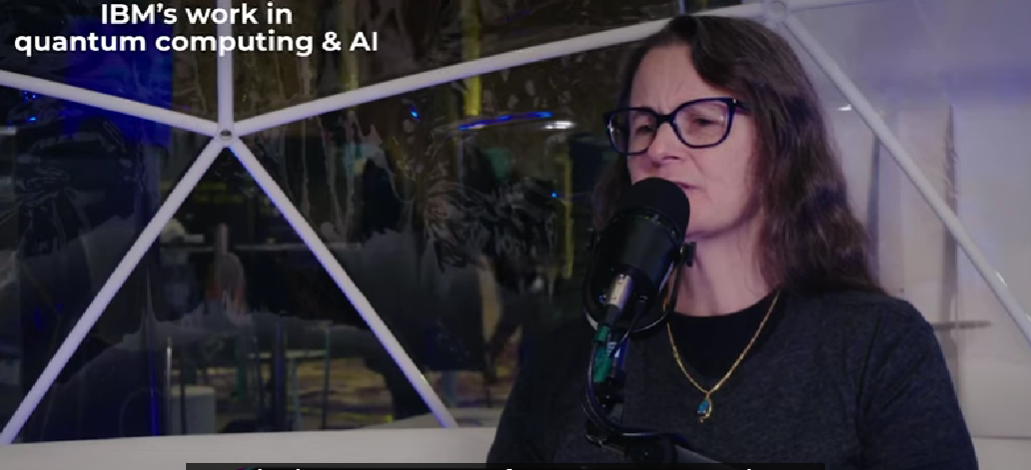QC & AI
IBM is a legacy technology company that has been at the forefront of quantum computing (QC) and artificial intelligence (AI) research for some years now.
Since the IBM Quantum Experience launched in 2016, with a five-qubit quantum processor and matching simulator, the company has gone from strength to strength.
To tell us a little more about where the company is as of 2023, Rosalind Radcliffe — an IBM Fellow and CIO DevSecOps CTO at the company — was recently interviewed by Dev Interrupted, a podcast dedicated to software engineering leaders.
Fun
“So quantum is fun,” said Radcliffe, from the interviewer’s question as to the things she could share about what’s happening at IBM around Quantum. “IBM announced very recently the largest refrigerator built in order to build a very large quantum system.”

She also mentioned that the company has made an important announcement about actually building quantum computers large enough to be able to do it.
Then the topic of Qiskit came up, and how this programming language actually allows anybody to start with quantum.
“The [Qiskit] programming environment for quantum is available so you can get started in playing with quantum now,” she said. “It’s very different, but more people need to start playing with it and start looking at what it’s going to be good for. It’s not traditional programming. So it’s going to be used for Monte Carlo simulations, looking at material science to understand what materials go better to build ships.”
Radcliffe added that there are all sorts of uses for quantum but the community has only really started to think about that.
Play, Learn, Understand
“So getting into quantum — go out and play with Quantum One,” said Radcliffe, highlighting the company’s first circuit-based commercial quantum computer, introduced by IBM in early 2019. “It’s on the internet,” she continued. “Play with it, learn about it, understand what it can do, learn about AI and what the possibilities of AI are.”
However, Radcliffe had a warning about the implications of AI:
“IBM got out of the facial recognition business for a reason. IBM also wants us to think about what’s the ethical use of so we want to think about the ethical use of what we’re doing. So as you’re getting into these things with AI and whatever, let’s think about what we’re actually going to do with it. Let’s think about whether we’re making society better or are we not and so we also want to think from that perspective.”
It’s clear Radcliffe’s view on Quantum is positive but sees the ethical dilemma in some cases with AI.
Featured image: Credit: Dev Interrupted
If you found this article to be informative, you can explore more current quantum news here, exclusives, interviews, and podcasts.
















